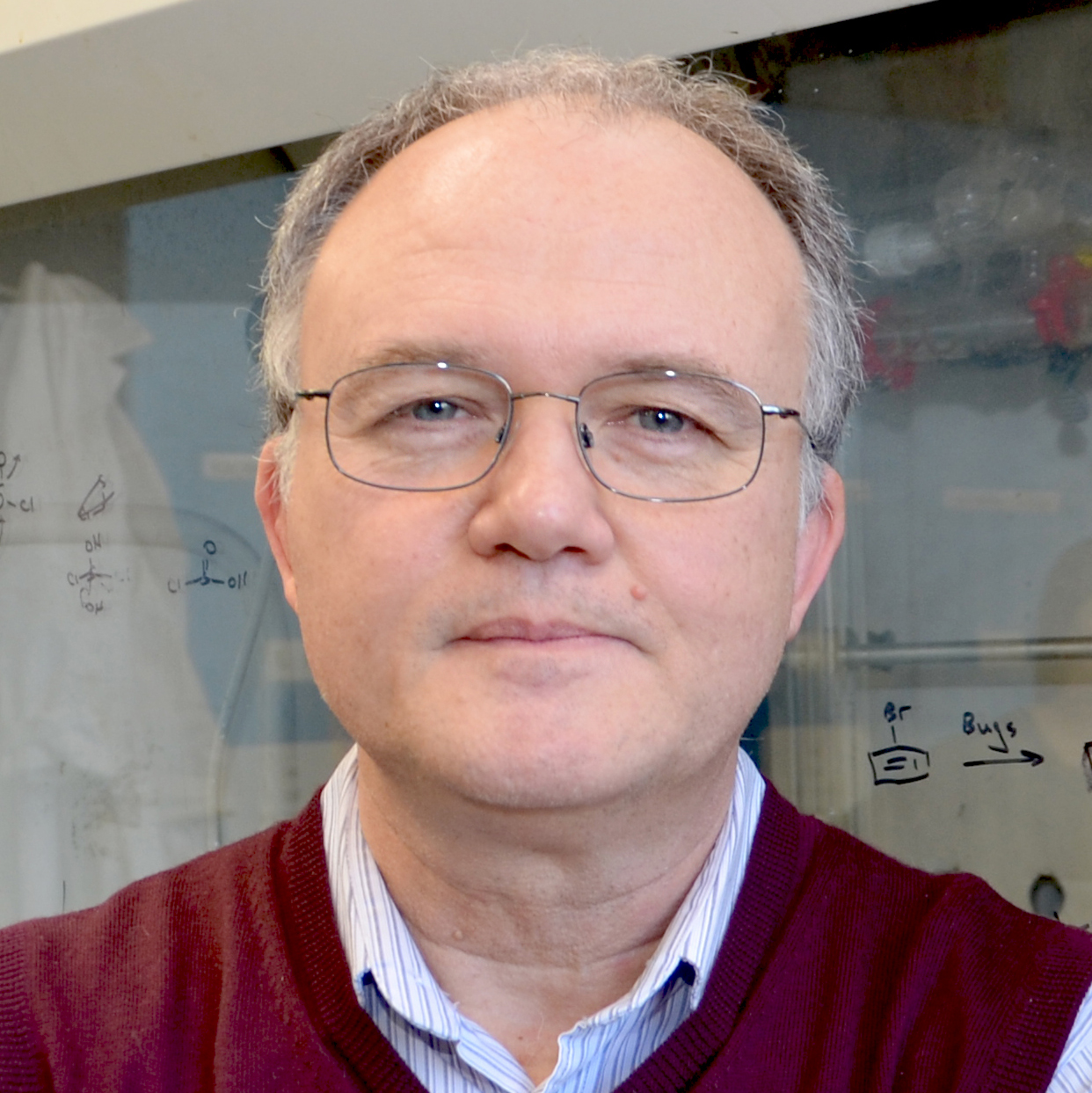Why don't we have a cure for Alzheimer's disease?


Dr. Donald Weaver shares his perspective.
As a researcher who studies Alzheimer’s disease and a neurologist who provides care for people living with dementia, I share the frustration people feel that there is no cure.
Here are the three main obstacles we need to overcome:

- Lack of funding. Dementia research is severely underfunded compared to other major diseases, such as cancer, HIV/AIDS and even COVID-19. The mistaken belief that Alzheimer’s only affects older people adds to this underfunding.
- Conflicting theories about the cause. The human brain is extremely complex, and Alzheimer’s disease is one of the most complex diseases of the brain. Clinical trials based on theories involving beta-amyloid and tau proteins have so far failed. While new theories hold promise, it will take funding and time to investigate them.
- It’s not simply one disease. Alzheimer’s and other forms of dementia may be in fact a collection of diseases, which may have different causes and therefore, different treatments and cures.
Despite these many hurdles, a wealth of encouraging research towards a cure is taking place. With your continued support, we’ll get there.
